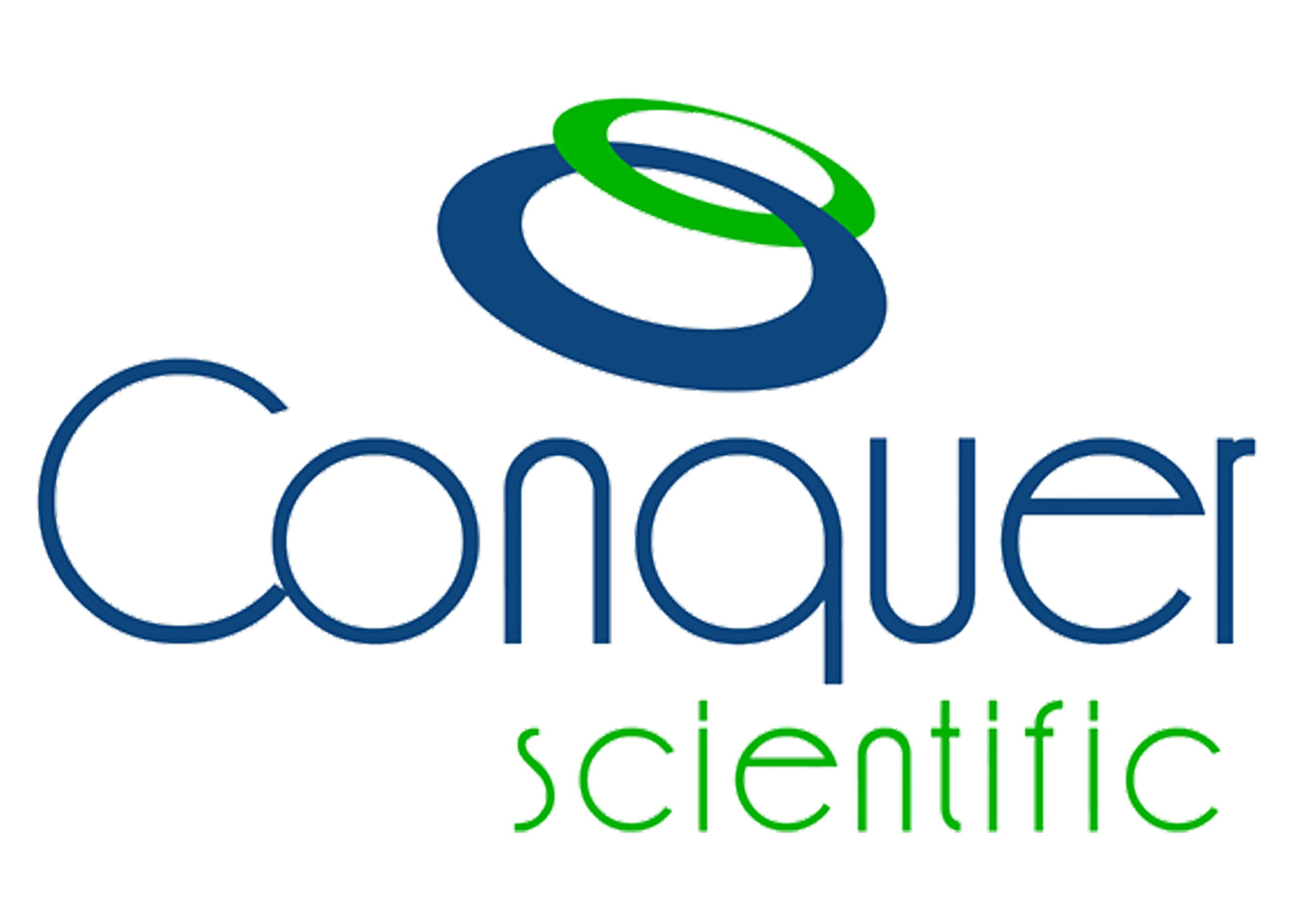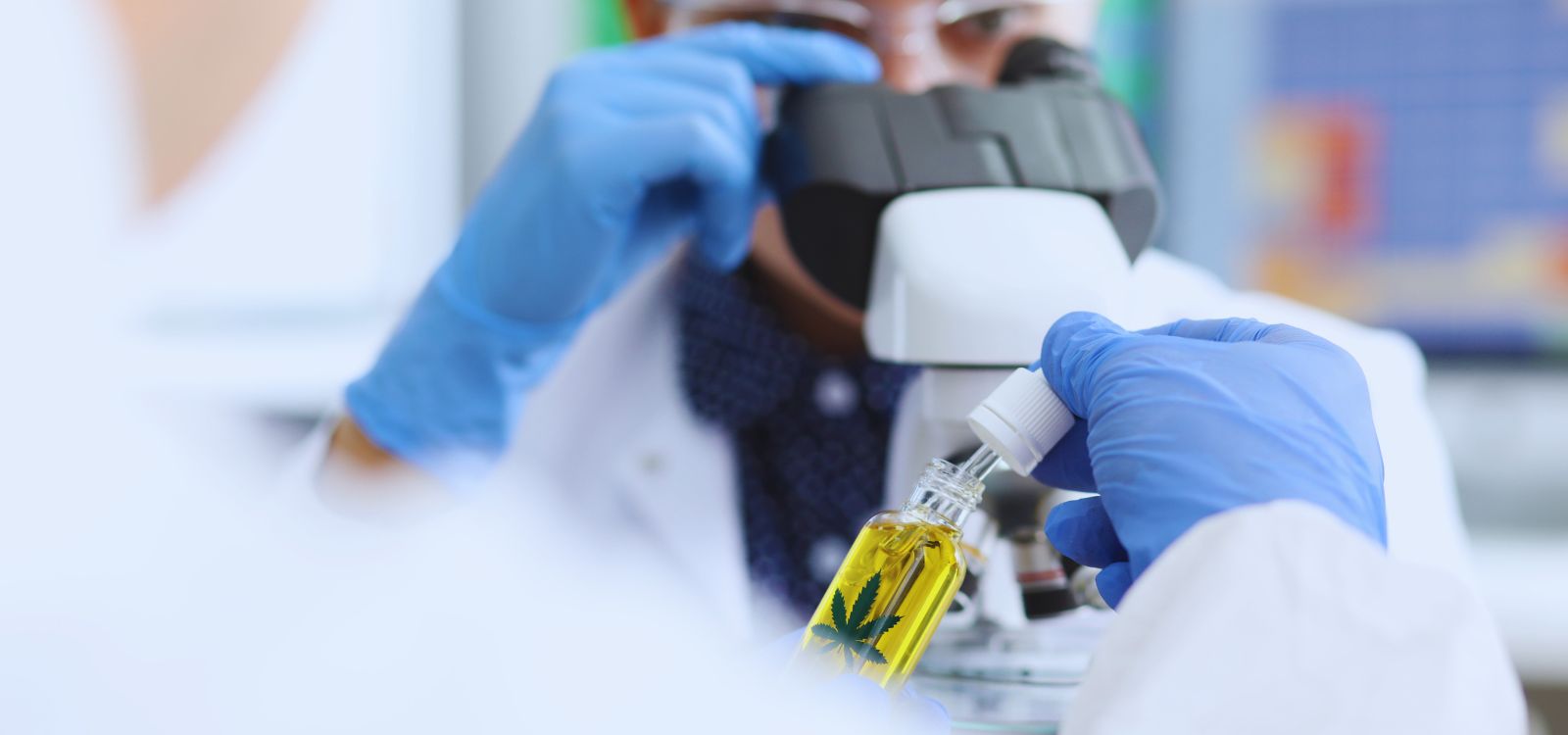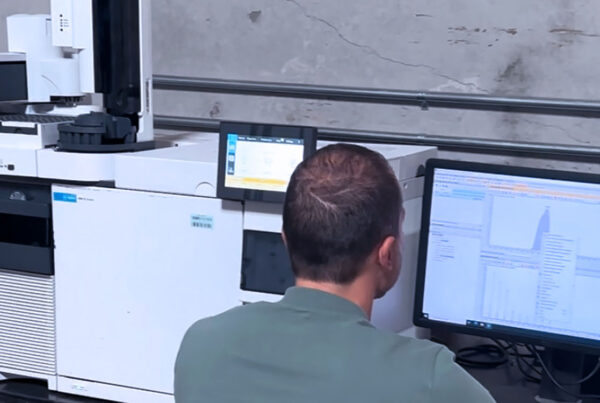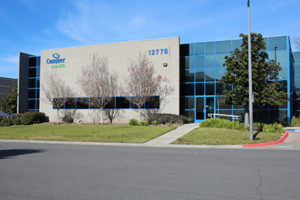The rise of the cannabis industry has brought a significant focus on ensuring product safety and quality. One critical area of concern is pesticide contamination. To meet regulatory requirements, testing laboratories often rely on advanced analytical technologies such as Liquid Chromatography-Mass Spectrometry (LCMS) and Gas Chromatography-Mass Spectrometry (GCMS). Both methods are powerful tools for pesticide analysis, but which is better for cannabis testing? Let’s break it down.
Understanding LCMS and GCMS
LCMS combines the separation capabilities of liquid chromatography with the mass analysis of mass spectrometry. LCMS is ideal for detecting non-volatile and thermally unstable compounds, as it operates at ambient temperatures. It is widely used for testing pesticides that are polar or water-soluble.
GCMS, on the other hand, pairs gas chromatography with mass spectrometry. It excels at analyzing volatile and semi-volatile compounds. GCMS requires samples to be vaporized, which means it’s best suited for pesticides that can withstand high temperatures without degradation.
Key Factors to Consider in Cannabis Pesticide Analysis
- Pesticide Profile
The choice between LCMS and GCMS often depends on the pesticide profile being analyzed. Some pesticides are thermally stable and volatile, making them ideal for GCMS. However, others are polar and non-volatile, necessitating LCMS. To cover the broad range of pesticides used in cannabis cultivation, many labs use both methods. - Sample Preparation
GCMS requires derivatization for certain pesticides, which can add time and complexity to sample preparation. LCMS, by contrast, often has simpler preparation requirements due to its ability to directly analyze liquid samples. - Sensitivity and Detection Limits
LCMS generally offers higher sensitivity for certain classes of pesticides, such as organophosphates and carbamates. However, GCMS is equally sensitive for volatile pesticides like pyrethroids. The choice should align with the specific regulatory limits for cannabis in your jurisdiction. - Instrument Versatility
LCMS systems are often preferred for their versatility. They can analyze a wide range of compounds beyond pesticides, including cannabinoids and mycotoxins. GCMS, while slightly more limited in scope, remains an essential tool for compounds that require high-temperature analysis. - Regulatory Compliance
Cannabis testing regulations vary widely across regions. Some jurisdictions explicitly mandate the use of LCMS or GCMS for certain pesticides. It’s essential to align your method with local regulations
Which is better?
There’s no clear winner between LCMS and GCMS—each has unique strengths. Leading cannabis testing labs combine both methods, maximizing their capabilities to ensure thorough pesticide analysis that meets strict safety standards.
Whether you’re outfitting a new lab or upgrading existing equipment, Conquer Scientific is your trusted global reseller of used and refurbished LCMS and GCMS systems. Our inventory includes top-quality systems from leading brands like Agilent, Thermo Scientific, Shimadzu, all inspected and refurbished by skilled engineers. Contact us today to find the perfect solution for your cannabis testing needs!








